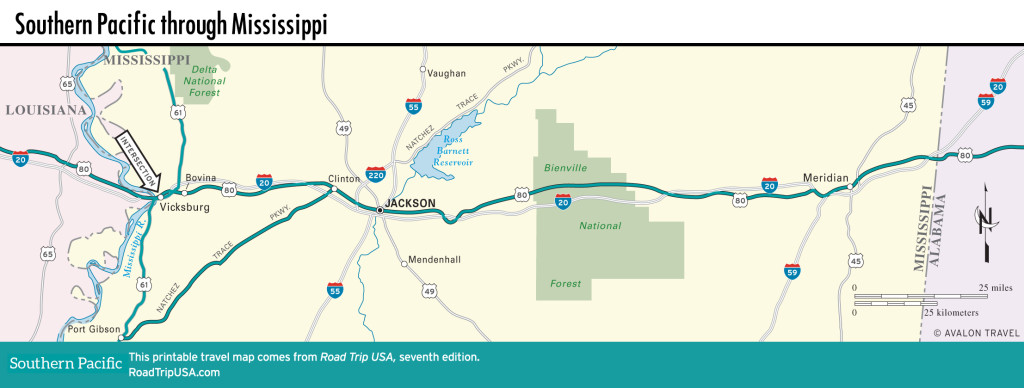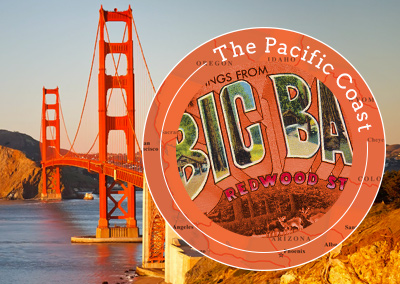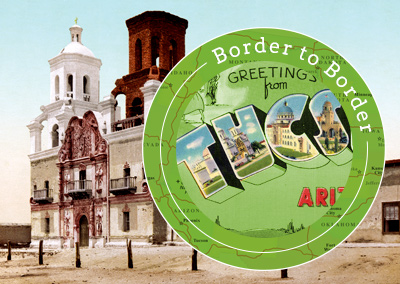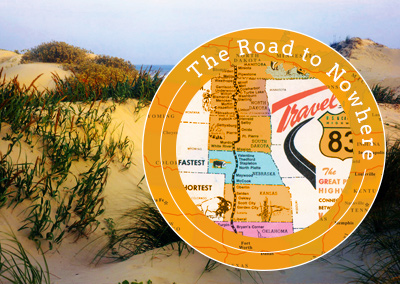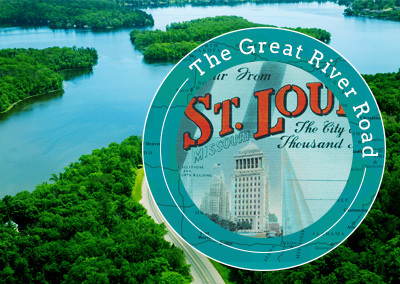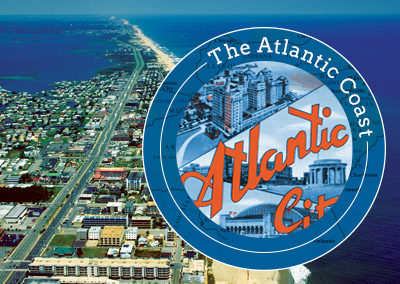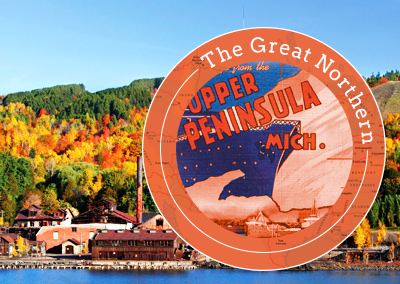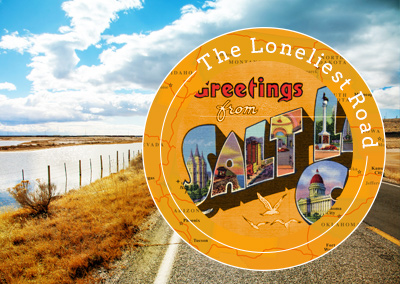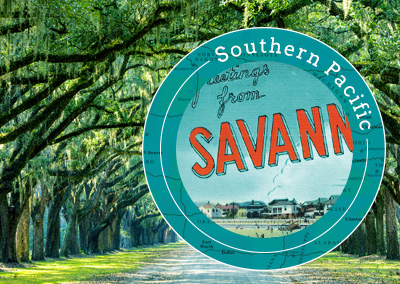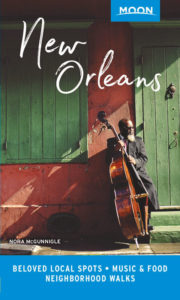Jackson
Spreading west from the banks of the Pearl River, Jackson (pop. 143,617) was established as state capital in 1822. Named for Andrew Jackson, hero of the Battle of New Orleans during the War of 1812 and later president of the United States, it was destroyed during the Civil War but is now Mississippi’s political and commercial heart and its biggest city—though you wouldn’t know it by the somnolent look of the place.
The attractive Greek Revival Old State Capitol (601/576-6920, Tues.-Sun.), built in 1839 and used until 1903, rises at the center of Jackson at State and Capitol Streets and is open for free self-guided tours of the building and the well-presented historical exhibits that fill it. The few other fine old antebellum buildings—under a dozen altogether—that survive around Jackson were used by Union forces and were thus spared destruction. These include the art-filled Governor’s Mansion (300 E. Capitol St., 601/359-6421, 9:30am-11am, Tues.-Fri., free), a short walk west of the old capitol, and The Oaks House Museum (823 N. Jefferson St., 601/353-9339, by appointment only, $4.50), in which General Sherman lived. Restored to prewar splendor, The Oaks is furnished with period antiques and, surprisingly for the South, a sofa from Abraham Lincoln’s law office.
On the south side of downtown Jackson, the new home of the Mississippi Museum of Art (380 S. Lamar St., 601/960-1515, Tues.-Sun., admission varies) has established an international reputation as one of the top museums in the USA. Even if you don’t spend the time to appreciate the paintings and sculptures, a visit will give you a chance to stretch your legs while appreciating the well-landscaped and inviting gardens, fountains, and performance spaces, not to mention the welcoming and reasonably-priced café.
Away from downtown, the main attraction is the Mississippi Agriculture and Forestry Museum (601/432-4500, Mon.-Sat., $5), a 39-ac (16-ha) complex on Lakeland Drive northeast of downtown, off I-55 exit 96A. Despite the dull name, it’s a hugely engaging and entertaining place, with a composite “Small Town” made up of authentic buildings, including a general store, filling station, and sawmill brought here from all over Mississippi.
For more local flavor, head to the north side of Jackson, east of US-51/State Street, where the Eudora Welty House (1119 Pinehurst St., 601/353-7762, Tues.-Fri., $10), home of Pulitzer Prize-winning writer Eudora Welty (1909-2001), is now open as an atmospheric museum of her life and work. For more than 76 years, Welty lived and worked here.
Where to Eat and Stay in Jackson
For food and drink, a good place to get a taste of Jackson is the Elite Restaurant (141 E. Capitol St., 601/352-5606) near the Mississippi Museum of Art, a friendly 1940s-era local favorite serving up a wide range of inexpensive, great-tasting food. For fried catfish or hot tamales (two contenders for Mississippi’s state dish), cold beer, and great live music, make your way to Hal & Mal’s (200 S. Commerce St., 601/948-0888, Mon.-Sat.), in an old warehouse perched along the abandoned railroad tracks above the Pascagoula Street underpass.
Places to stay in Jackson tend to be either rough-but-cheap highway motels lining old US-80 or anodyne chains along the I-20 and I-55 frontages. One grand exception is the 1920s beaux arts classicism of the King Edward Hotel, now operated as a Hilton Garden Inn (235 W. Capitol St., 601/353-5464, $120 and up). For complete information, or details on driving the nearby Natchez Trace Parkway, contact the visitors bureau (111 E. Capitol St., Suite 102, 601/960-1891 or 800/354-7695).
Map of the Southern Pacific Route through Mississippi
